QuestionHello,
I have an 11-year-old Himalayan flame point male cat that has had feline herpes since I adopted him as a kitten. His outbreaks have been mostly mild throughout his life, usually just upper respiratory, and I give him L-Lysine (500 mg) during flares to help calm them. Any trip to the vet always triggers an outbreak. He has recently had a stressful time over the last few months due to having to have some dental work followed by upheaval with a move. His outbreak from this has lasted for quite some time and seems to now have affected his digestive system, resulting in diarrhea. He will have a few days where everything seems fine, followed by runny eyes and nose and cycling into diarrhea again, only to start the cycle over repeatedly. I have no idea anymore how to help him recover his immune system so he feels better longer. I feed him Felidae cat and kitten formula, L-lysine 500 mg every other day or so (should I stop this, increase it??), and OptaGest digestive aid sprinkled on his food. He has always been a super finicky eater and is a grazer, meaning he nibbles when he feels like it, and always has fresh food and water down 24 hours a day. He is also an indoor-only cat and is up-to-date on his shots. He is eating and drinking fine, although sometimes it seems he gets extra thirsty. His recent blood tests showed all of his systems to be functioning perfectly normally, so there is no current worry of diabetes, kidney problems, etc., that I know of. Please let me know if you need any more information. Any insight on feline herpes and on what I might do to help him would be much appreciated!!
AnswerSince I am not a vet, but a vet tech, I can only give you some recommendations that might help him. The first would be to get rid of what you are feeding him because it is an inconsistent formula plus it is way too much protein for an 11 yr old cat. Kitten formulas are made with a LOT of protein and most of the ones on the market today are not made correctly. They have too many nutrients meaning the levels are way too high for optimal health.
An 11 year old healthy cat should be on a senior formula, and a sick 11 yr old cat needs to be on that even more, or a prescription diet geared toward the issues at hand here. By recent blood work, how recent are we talking about? Before the diarrhea outbreaks or since he has had them?
I am wondering if the virus has affected his gut or if it is just a reaction to being sick period, that is starting the diarrhea. Herpesvirus does not normally cause any kind of diarrhea, but the stress from being sick can.
Here is some local information about these diseases:
Herpes and Calicivirus
As many as 90% of URIs in cats are caused by these viruses. In adult cats the "flu" is usually mild, however the virus may linger in the cat's body and flare up again repeatedly over a period of years. Cats affected this way become "carrier cats" and shed the virus intermittedly to other cats they contact.
Vaccinations are available for these viruses, and although not 100% effective in preventing disease, the vaccine can reduce the severity of the "flu" and make it less likely to be passed on to other cats. All kittens need a foundation series of vaccinations, followed by a booster one year later. Vaccines are given by injection or intranasal drops and protection starts within four days to two weeks, depending on the method. The AAFP recommends 3-year boosters, however your own veterinarian may choose a different schedule if your cat is at high risk.
Treatment of Herpes/calicivirus may include antibiotics to ward off secondary bacterial infections. Some veterinarians have found success with Interferon, which helps to boost the immune system. Positive results have also been found with the administration of l-lysine in a dosage of 250-500 mg/day. Special attention should be paid to nutrition with URI-infected cats. Because of nasal stuffiness, they may not be able to smell their food, and refuse to eat. Sometimes warming the food a bit will pep up the odor and entice the cat to eat. Dehydration can be a real problem, so moist foods may be best for the cat under treatment, as well as water given by eye-dropper, if necessary.
----------------------
Here is one from a veterinary eye-specialist. It is written so lay-people can read it.
http://www.animal-eye-specialists.com/herpes.htm
As you can see, there is no mention of diarrhea from either of them.
So that brings us back to the food. I would slowly switch this cat over to Hill's Science Diet senior formula to prevent any more diarrhea (from a fast switch). This food is balanced for senior cats plus has added nutrients for brain function and coat health. The protein levels are modified to fit a senior cat and keep the kidneys healthy.
This food is also fixed-formulated which means the bags you buy will be consistent from bag to bag-batch to batch. Hills is one of the last foods on the market that have stayed with fixed formulation plus it is one of the few that are trial fed over years of veterinary research to know how these foods really do affect your pets.
In the article from the eye specialist you will note that there are other anti-virals out there that can be used in the treatment of this disease. I would consult with my vet if I were you and see about starting one of these on top of the Lysine.
I hope that this helps some. Please let me know how he does.

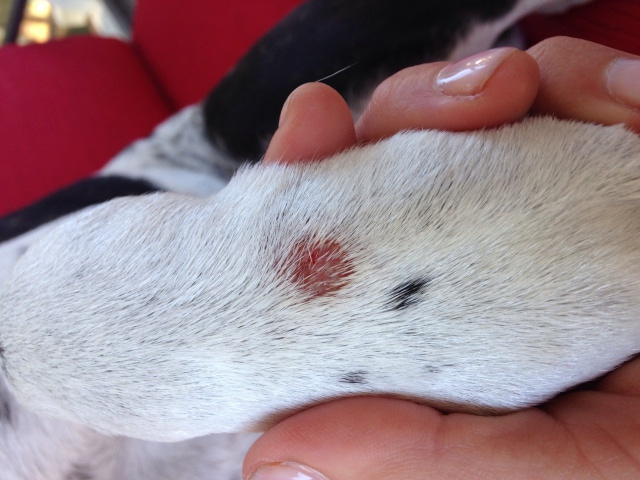 Where do I begin?!
QuestionGranuloma
Staph
QUESTION: Hello!
Where do I begin?!
QuestionGranuloma
Staph
QUESTION: Hello!
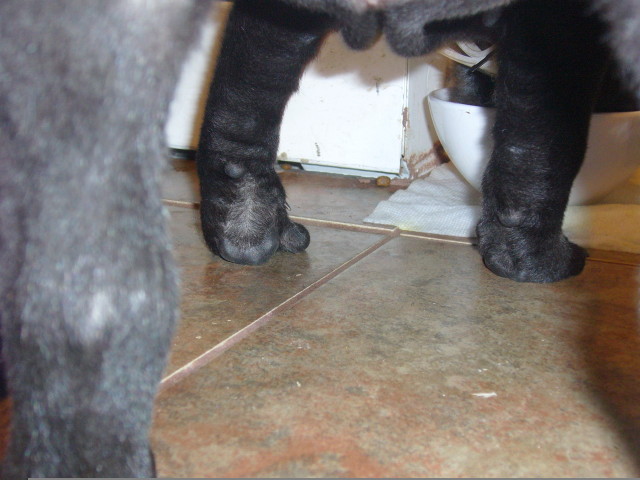 Two Front Legs Hurting on a Shar Pei
QuestionQUESTION: My two month old puppy (shar pei) beg
Two Front Legs Hurting on a Shar Pei
QuestionQUESTION: My two month old puppy (shar pei) beg
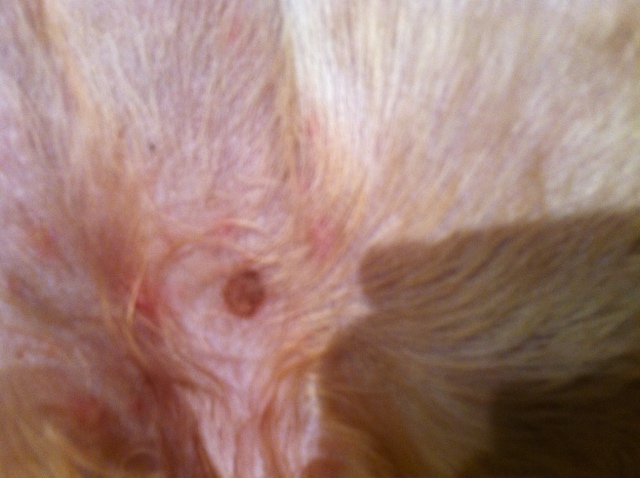 Red Blisters on Dog Belly
Question
Raley Belly
Yesterday I noticed a round
Red Blisters on Dog Belly
Question
Raley Belly
Yesterday I noticed a round
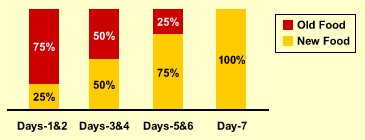 regurgitation
QuestionMy Cat is 4, indoor, and quite small with short
regurgitation
QuestionMy Cat is 4, indoor, and quite small with short
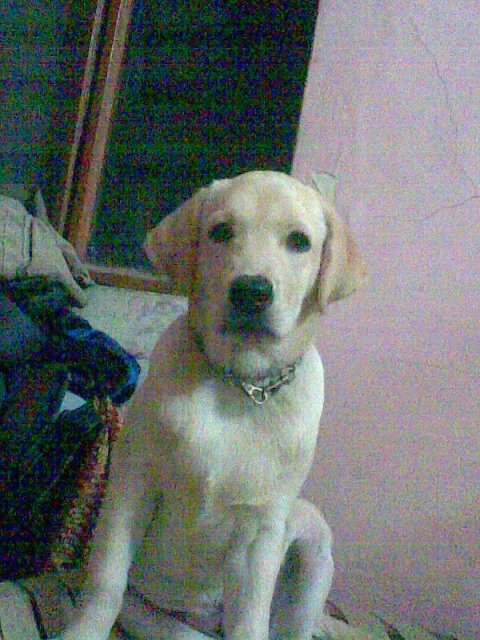 LABRADOR HEIGHT
Question
TOBO
MY LABRADOR IS NOW 5 MONTHS OLD....
HIS H
LABRADOR HEIGHT
Question
TOBO
MY LABRADOR IS NOW 5 MONTHS OLD....
HIS H